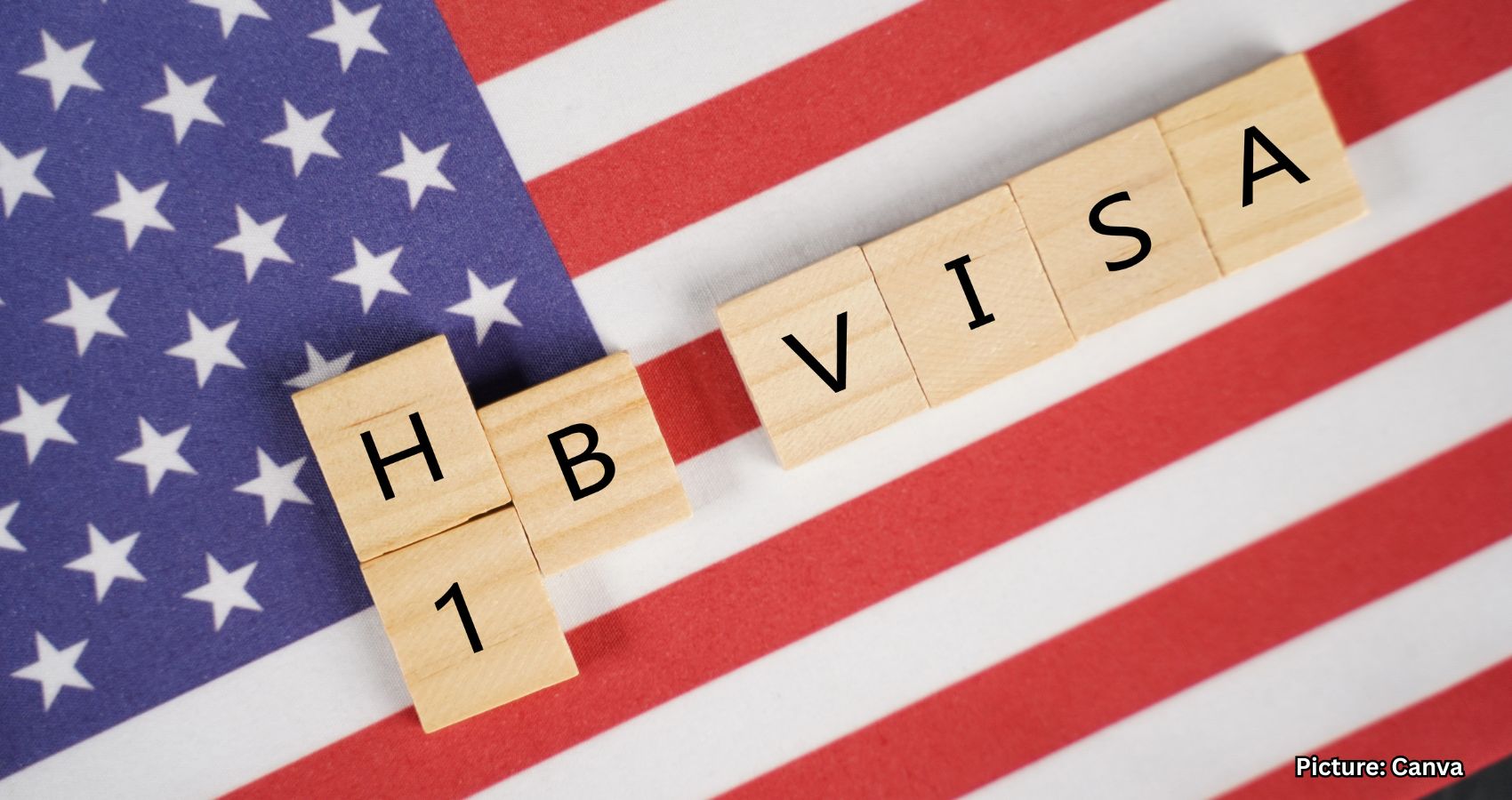Mid-sized Indian IT firms are adapting to rising H-1B visa costs by emphasizing local hiring and diversified delivery models, mitigating potential impacts on their operations.
Mid-sized Indian IT companies are responding to the Trump administration’s significant increase in H-1B visa fees with a sense of calm, asserting that the effects on their operations will be limited. While the fee hike has caused unease in parts of the global outsourcing sector, executives from these firms believe they are better positioned than larger competitors due to their focus on local hiring and diversified delivery models across the United States and India.
The revised fee structure has raised H-1B petition costs to nearly $100,000 in some instances, raising concerns about the financial burden of maintaining large onsite teams in the U.S. However, earnings calls from various mid-cap Indian IT firms this quarter indicate that the fallout may be less severe than anticipated. Executives report a declining reliance on H-1B workers in recent years, as they have invested more in local hiring and established nearshore delivery centers throughout North America.
Tech Mahindra, a prominent mid-tier IT service provider in India, has highlighted its minimal exposure to the H-1B program. The company has progressively shifted its workforce toward offshore and nearshore locations, thereby reducing its dependence on U.S. work visas. Currently, fewer than 1% of its global employees hold H-1B visas, and overall reliance on U.S. visa routes has fallen below 30%, according to the company.
Managing Director and CEO Mohit Joshi characterized the visa fee increase as “manageable,” outlining a three-part strategy already in place. He noted that Tech Mahindra is concentrating on “identifying and safeguarding critical onsite talent roles,” enhancing its U.S. hiring pipeline, and expanding its delivery network in nearby markets such as Canada, Mexico, and Brazil. Joshi emphasized that this interconnected nearshore model not only helps control costs but also fortifies business continuity.
Industry analysts observe that this shift has been developing over several years. The rapid expansion of Global Capability Centres (GCCs) in India has fundamentally altered how U.S. companies manage their tech operations, diminishing the need for visa-dependent staff movement. These in-house hubs collaborate closely with Indian IT service providers, creating a distributed delivery network that is less vulnerable to changes in U.S. immigration policies.
“American companies have been investing in setting up GCCs in the country, which work closely with system integrators on Indian shores. This further insulates them from H-1B dependence,” said Pareekh Jain, chief executive at tech research firm EIIRTrend, in comments to Financial Express.
Analysts and talent consultants believe that the new H-1B fee structure, which primarily affects new applications, provides Indian IT firms with some leeway before the changes take effect in April 2026. They argue that mid-sized companies, already operating with a higher proportion of offshore talent, are well-positioned to adapt. This transition period allows ample time to refine hiring strategies and rebalance workforce deployment without significant disruption to business operations.
Mphasis has expressed a similar perspective, indicating that the immediate impact of the H-1B fee increase is expected to be minimal. CEO Nitin Rakesh noted that clients with established capability centers and visa-compliant teams have not raised major concerns. He also acknowledged that the company is taking proactive measures to strengthen its delivery network and talent supply chains to better navigate potential fluctuations in H-1B availability over the coming years.
In contrast, larger IT firms such as Tata Consultancy Services, Infosys, Wipro, and HCLTech have been gradually reducing their reliance on H-1B visas since processing challenges began to escalate in 2018. Over the years, these companies have shifted towards hiring more local talent in the U.S. and building robust regional delivery networks, a strategy that has helped shield them from policy changes regarding visa regulations.
Neeti Sharma, chief executive of TeamLease Digital, remarked, “The conversation around (challenges in obtaining) H-1B visas started back in 2018, and since then, the industry has faced multiple macro headwinds like the global pandemic and the slowdown in BFSI. So, IT firms have had to adapt.”
Tata Consultancy Services (TCS) has confirmed that it will suspend new H-1B visa hires in the United States for the current financial year, as the company shifts its focus toward bolstering its local workforce. CEO K. Krithivasan stated, “We’ll continue to hire more locally… we had 500 employees on H-1B visas traveling from India to the U.S. so far this financial year.”
The company reported that of its 32,000 to 33,000 employees based in the U.S., approximately 11,000 currently hold H-1B visas, and it has been deploying fewer visa holders than the number approved each year.
Other major employers, including Cognizant, have also reportedly paused H-1B hiring in light of the steep rise in visa application costs.
Source: Original article

